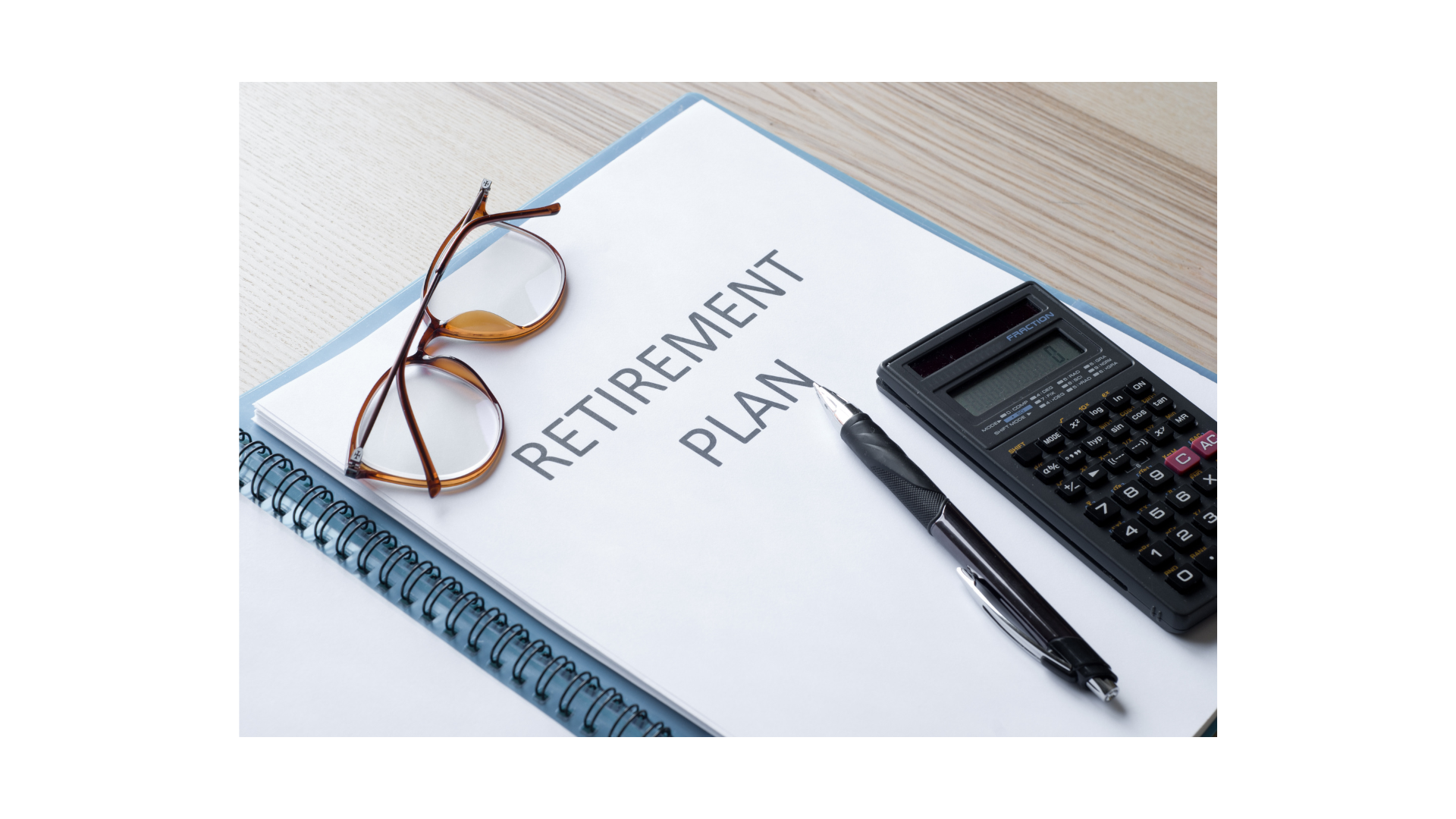Rehearsing for Retirement
Try living as a “retiree” for a month or two before you commit to leaving your career.
Imagine if you could preview your retirement in advance. In a sense, you can. Financially and mentally, you can “rehearse” for the third act of your life, while still enjoying the second.
Pretend you are retired for a month or two. Take two steps to act out your rehearsal – one having to do with your budget, the other with your expectations.
Draw up a retirement budget & live on it for one, two, or three months. Make a list of essential expenses (groceries, gas, utilities, mortgage, medicines), and then a list of discretionary expenses (such as movie tickets, dinners out, spa treatments). This may reveal that you can live handily on less than what you currently spend each month.
Next, list your income sources for retirement. They might include Social Security benefits (depending on when you want to claim them), retirement plans, pension checks, dividends, freelance or consulting payments, or other revenue streams. Investment income is also in the mix here, so check with a financial professional to determine a withdrawal rate from those accounts that you can safely maintain through your retirement. (It might differ slightly from the long-recommended 4%.) When you have your list, stack the projected total income up against your essential expenses and see how much you have left over.
Try living off of that level of monthly income for a month or more while you are still working. If it covers your necessary monthly expenses and not much else, then some adjustments in your retirement strategy might be needed – a housing change, a change in your retirement date.
See how it feels to retire. Before you conclude your career, try to arrange some “previews” of your retirement lifestyle. If you want to serve your community, volunteer avidly for a month or two to get a taste of what daily volunteer work is like. If you see yourself traveling enthusiastically at the start of retirement, take a dream vacation or even a couple of consecutive trips (if your schedule allows) to see how they truly fit into your financial picture.
Your “rehearsal” need not be last-minute. If you think you will retire at 65, you could try doing this at 63, 60, or even before then. The earlier your attempt, the more time you have to alter your retirement strategy if needed.
What else should you consider as you rehearse? Besides income, expenses, and the day-to-day retirement experience, there are a few other factors to gauge.
How much cash do you have on hand? Starting retirement with a strong cash position provides you with some insulation if you happen to retire during a market downturn. The possibility of a bear market coinciding with your entry into retirement may make you want to revisit your portfolio allocations as well.
Take a second look at your projected monthly income. Will it be consistent? If it will vary, you will want to address that. If you are in line for a pension, you will face a major, likely irrevocable, financial decision: should it be single life, or joint-and-survivor? The latter option may reduce your pension income in retirement, but give your spouse 50% or more of your pension payments after you die. Your employer might also offer you a lump-sum pension buyout; if that turns out to be the case, you might want to consult with a financial professional who can help you to decide if the lump sum constitutes the better deal versus a lifelong income stream.1
How about your entry into Medicare? You may enroll in it at medicare.gov within a window of your 65th birthday (that is, beginning three months prior to your birthday month and ending three months after it). If you sign up before your birthday, you will be covered beginning on the first day of your birthday month. Sign up following your 65th birthday, and you may have to wait for coverage to begin.2
If you expect to stay on the job after 65, consider signing up for Medicare Part A (the part that pays for hospital care) within the usual window. It will not cost you anything to do so, and sometimes Part A makes up for shortcomings in employer-sponsored health plans. You can enroll in Part B and other Medicare component parts later – within eight months of your retirement, to be precise. You will want to pay attention to that 8-month deadline, as your premiums will jump 10% for every 12-month period afterward that you refrain from enrolling. If you pay for your own insurance, you will still need to enroll in Medicare when you are eligible (Medicare will make that coverage superfluous, so you can anticipate dropping it).3
Rehearsing for retirement can be very insightful. Some new retirees leave work abruptly only to have their financial and lifestyle assumptions jarred. As you want to make a smooth retirement transition to a future that corresponds to your expectations, test-driving your retirement before it begins is only wise.
This material was prepared by MarketingPro, Inc., and does not necessarily represent the views of the presenting party, nor their affiliates. This information has been derived from sources believed to be accurate. Please note - investing involves risk, and past performance is no guarantee of future results. The publisher is not engaged in rendering legal, accounting or other professional services. If assistance is needed, the reader is advised to engage the services of a competent professional. This information should not be construed as investment, tax or legal advice and may not be relied on for the purpose of avoiding any Federal tax penalty. This is neither a solicitation nor recommendation to purchase or sell any investment or insurance product or service, and should not be relied upon as such. All indices are unmanaged and are not illustrative of any particular investment.
Securities offered through LPL Financial. Member FINRA/SIPC. Investment advisory services offered through AssuredPartners Financial Advisors, a registered investment advisor. AssuredPartners Financial Advisors and LPL Financial are separate non-affiliated entities.
Citations.
1 – TheBalance.com, December 13, 2021
2 – Medicare.gov, 2022
3 – CMS.gov, 2022











